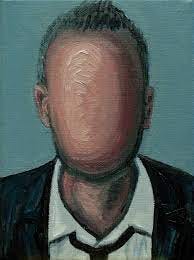“Property is theft”—Proudhon
“Property is theft” is one of those sayings that sounds like it makes sense, but, upon closer scrutiny, is just as inscrutable as the more obvious claim it comes to challenge. The concept of theft presupposes that of property and vice versa, so the anarchistic motto is more of paradoxical koan than a persuasive argument again…
Keep reading with a 7-day free trial
Subscribe to What Is Called Thinking? to keep reading this post and get 7 days of free access to the full post archives.



